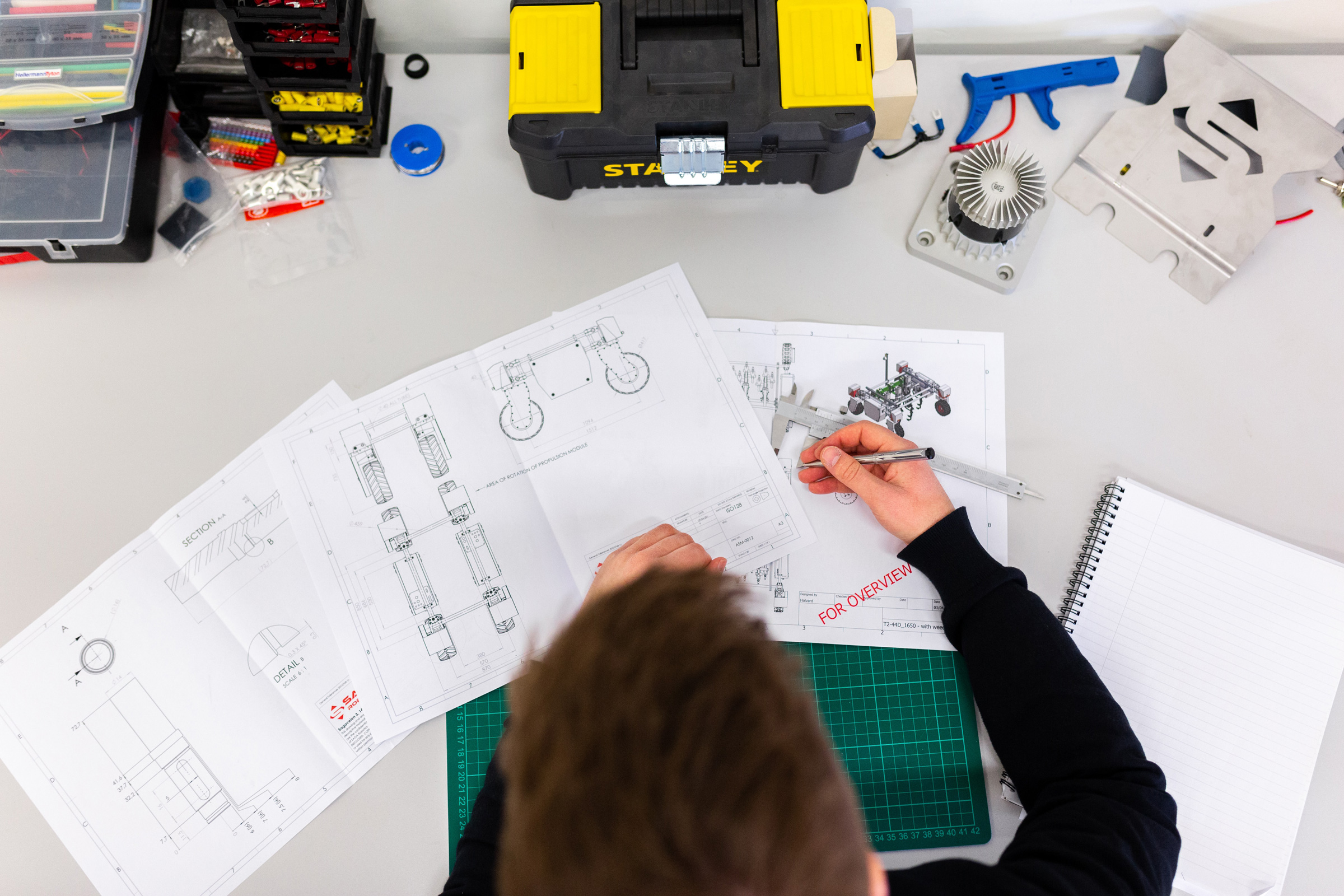If you are dedicated to investing in diverse call center suppliers, we can help you find the BPOs that meet your requirements. There are many minority-owned outsource call centers in the United States and around the world.
Outsource Consultants has vetted the industry-leading certified diverse call center providers and can help you find the best company to meet your exact requirements. We are partnered with several top-performing BPOs that meet the following criteria:
- Woman-Owned call centers (WBENC certified, other)
- Minority-Owned call centers (NMSDC certified, other)
- Veteran-Owned call centers (SDVOSB certified, other)
- Disability-Owned Business Enterprise (DOBE) call centers (USBLN, other)
- Small Disadvantaged Business (SDB) call centers
- And more!
Woman-Owned Call Centers
To be considered a WBENC contact center, certain requirements must be met including being majority-owned by one or more women. These BPOs demonstrate proof of female management of control of the business as well as in legal documents and day-to-day operations. A woman must not only be the owner but also hold the highest defined title in the legal documents of the company, and be a U.S. citizen.
If a contact center meets these requirements and is chosen as a partner, the benefits are ten-fold. In fact, women-founded companies in First Round Capital’s portfolio outperformed male-founded companies by a staggering 63 percent. This number speaks to the ingenuity and diversity seen in female-run businesses in the United States, which is slowly being seen throughout the world as the practice becomes more common.
Businesses that partner with WBE call centers are eligible for tax breaks from the federal government. Additionally, when a project is financed by state or federal grants or loans, tax obligations are lowered. 1
Minority-Owned Call Centers
To be considered an MBE call center or NMSDC call center, the organization must be at least 51 percent owned by one or more minority United States citizens. The NMSDC’s program defines a minority group member as an individual who is at least 25 percent Asian-Indian, Asian-Pacific, Black, Hispanic or Native American. Those applying must undergo document reviews, screenings, and interviews to verify the validity of their claim.
Additionally, the company must be a for-profit enterprise and be physically located in the U.S. or trust territories.
One key benefit of partnering with a minority-owned call center is the rate of growth seen within the last several years. According to a recent study, the number of paid employees added by MBE businesses have outpaced non-minority-owned business by 27 percent. 2 In addition to rapid expansion, research has shown that working with a certified-MBE business can drive additional revenue to a partner’s bottom line. 3
Just like partnering with other diverse call centers, the U.S. government offers several federal and state tax incentives, including rebates for those partnering with certified MBEs.
Veteran-Owned Call Centers
There are two types of veteran-owned call centers. The first is a VOSB contact center, which states that a small business is owned and controlled unconditionally by one or more eligible veterans, service-disabled veterans, or a surviving spouse. The second, an SDVOSB call center, is a certification specifically for small businesses owned, in the majority, by service-disabled veterans. For the second option, the day-to-day operations must be handled by a veteran with service-connected disabilities.
Both certifications offer several benefits to partners, most noticeably a prioritization for government contracts. Although the percentage of contracts set aside is small, they make up a huge amount of revenue. In fact, veteran-owned businesses had an estimated $963.4 billion in receipts according to a recent study by the Census Bureau. 4
Disability-Owned Business Enterprise Call Centers
To be considered a DOBE call center, a business must be owned at least 51 percent by an individual with a disability. This certification also goes a step further to include USBLN contact centers, which must have at least 51 percent of the voting stock or aggregated stock held by a person with a disability.
In addition to excellent customer service, disability-owned contact centers offer higher retention rates. According to a survey by the Kessler Foundation, one-third of managers found that employees with disabilities were less likely to leave their job and were more dedicated. Although being a disability-owned call center doesn’t guarantee the hiring of those with similar situations, they are 6 to 7 times more likely to hire those living with disabilities.
Small Disadvantaged Business (SDB) Call Centers
To be considered a Small Disadvantaged Business call center, the organization must be at least 51 percent owned and controlled by one or more socially or economically disadvantaged persons.
Those who are socially disadvantaged face prejudice or cultural biases that others do not. Economically disadvantaged individuals face these same issues, coupled with diminished capital and credit opportunities as compared to others in similar lines of business.
The United States government aims to award at least 5 percent of all federal contracting to SDB call centers and businesses through special programs. 5
The Billion Dollar Roundtable
The Billion Dollar Roundtable was created in 2001 to recognize and celebrate corporations that achieved spending of at least $1 billion dollars with minority and woman-owned suppliers. If you’re a part of the Billion Dollar round table and looking for diverse companies to invest in, we can match you with the call center that best fits your requirements.
Sources:



